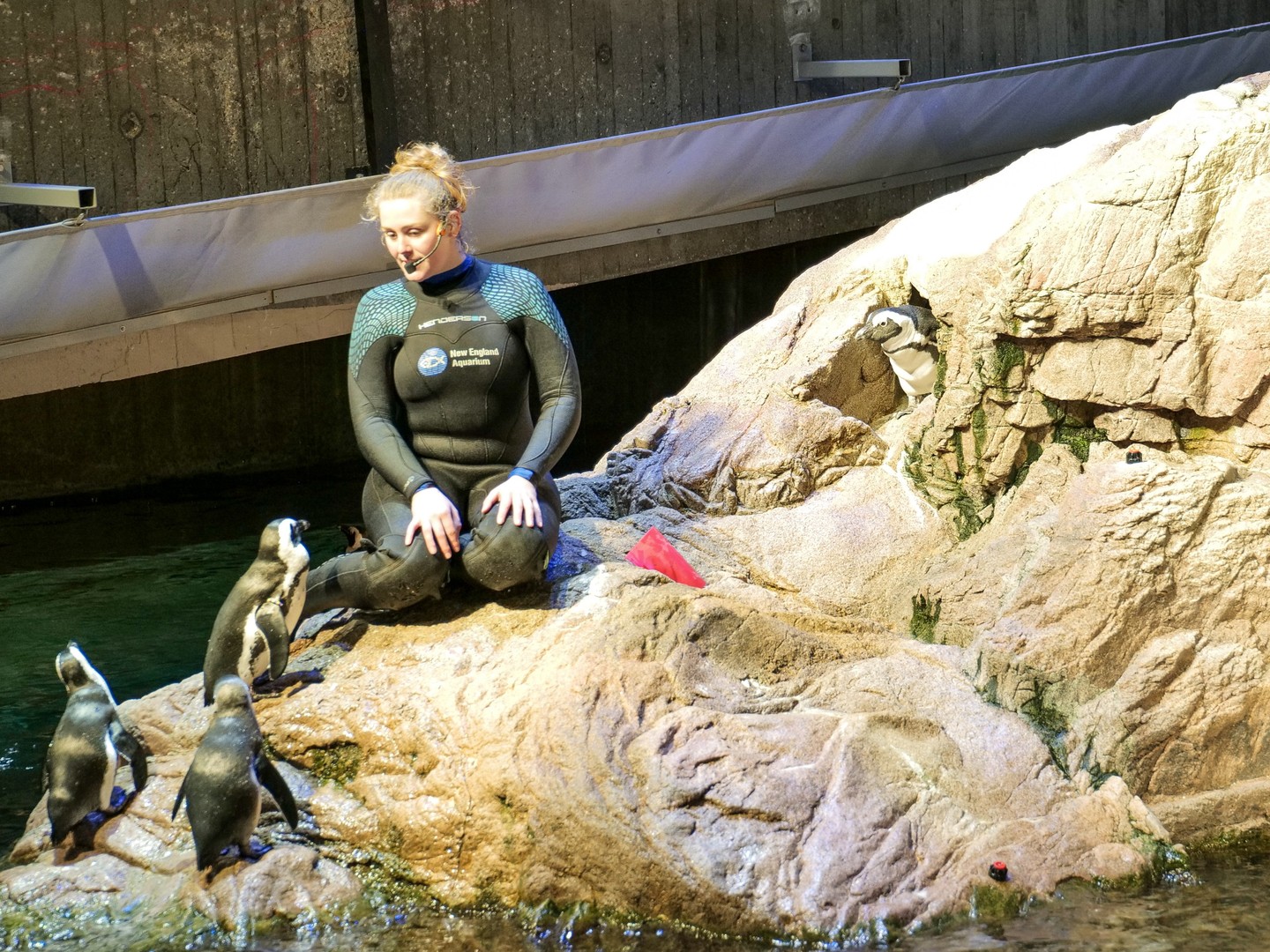- Discover the diets and behaviors of African and rockhopper penguins and where they thrive in their natural environments.
- Explore the methods used by zoological teams to engage with penguins through feedings, training, and enrichment activities.
- Learn about the advances in penguin conservation efforts and how individuals can actively participate in safeguarding these species.
- Understand the educational and practical implications of penguin management within zoos.
- Engage with opportunities to inquire and expand knowledge during interactive Q&A sessions post-presentation.
Penguins are fascinating creatures that captivate audiences with their distinctive appearances and intriguing behaviors. The African and rockhopper penguins, two remarkable species, serve as excellent ambassadors for the penguin family. Their daily presentation at 2:30 p.m. offers an illuminating journey into their lives, habits, and the critical conservation efforts dedicated to their survival.
African and rockhopper penguins inhabit vastly different regions but share some commonalities in their biology and ecology. African penguins, known for their unique vocalizations reminiscent of a donkey’s bray, are found along the southwestern coast of Africa. They favor rocky shores and islands that offer ample food sources and suitable breeding grounds. The diet of African penguins predominantly consists of small fish, such as sardines and anchovies, paired with occasional squid and crustaceans.
In contrast, rockhopper penguins hail from sub-Antarctic regions, including parts of the South Atlantic and Indian Oceans. These small, feisty penguins are identified by their striking crests of yellow feathers and have adapted to rough oceanic conditions and rugged island terrains. Their diet mirrors that of their African cousins, emphasizing krill, squid, and various fish species, underscoring the common dietary thread between these two penguin species.
Understanding the behaviors and diets of these penguins provides crucial insights into their ecology and the environmental challenges they face. Their reliance on specific marine resources makes them sensitive indicators of ocean health, and fluctuations in fish populations can have profound impacts on their survival. The educational presentations emphasize these connections, encouraging attendees to appreciate the intricate balance of marine ecosystems and the penguins’ roles within them.
Interacting with penguins within a zoo setting involves a careful blend of feeding, training, and enrichment practices, each meticulously designed to address the physical and mental needs of the animals. Feeding practices are tailored to mimic natural foraging behaviors, promoting physical exercise and engaging the penguins’ instinctive strategies. Challenges such as hiding food or presenting it in novel ways keep the penguins mentally stimulated and active.
Training sessions focus on fostering trust between penguins and caretakers, utilizing positive reinforcement to encourage participation in health checks and veterinary care. This cooperative relationship not only enhances animal welfare but also offers visitors an up-close view of the importance of building bonds founded on respect and understanding.
Enrichment is an essential aspect of penguin care, providing opportunities to engage with their environment in varied and meaningful ways. From ice puzzles to swimming challenges, these activities cater to their natural curiosities and physical capabilities, ensuring the penguins’ lives are dynamic and fulfilling. Presentations highlight these practices, inspiring the audience to consider the broader implications of animal care and welfare in controlled environments.
Penguin conservation has surged as a priority, fueled by alarming declines in wild populations and escalating environmental threats. Loss of habitat, climate change, and overfishing are urgent concerns that necessitate comprehensive conservation strategies. Breeding programs, habitat restoration, and policy advocacy form a triad of efforts aimed at reversing these trends.
Public education is a powerful facet of conservation, and presentations on African and rockhopper penguins serve to underscore this. By showcasing the challenges these species encounter and delineating how individuals can contribute, audiences become better informed advocates. Simple actions, such as supporting sustainable seafood initiatives or participating in citizen science projects, can collectively create significant impacts.
Guests are encouraged to ask questions at the end of presentations, reinforcing the interactive nature of these educational sessions. The Q&A segments provide a platform for expanding one’s understanding of penguins and their ecological importance. Discussions range from behavioral anecdotes to broader conservation themes, allowing for a tailored exchange of knowledge and perspectives.
Through a focus on penguin diets, behaviors, zoo management practices, and conservation efforts, these presentations illuminate the challenges and triumphs in safeguarding these charismatic birds. The daily sessions offer a rare opportunity to deepen one’s appreciation for penguins and participate in their enduring journey. Attending the presentation at either the African or rockhopper penguin exhibit not only enriches one’s experience but also fosters a greater understanding of our collective role in preserving biodiversity for future generations.
*****
Source Description
Join us every day at 2:30 p.m. at either the African or rockhopper penguin exhibit for an exciting presentation all about penguins! 🐧
During the talk, you’ll learn:
• What African and rockhopper penguins eat, their behaviors, and where they are found in their natural habitats.
• How our team interacts with the penguins through feedings, training, and enrichment.
• The latest in penguin conservation—what’s being done to protect them and how you can play a part in safeguarding their future!
Have questions? Ask away during our Q&A session after the presentation!


